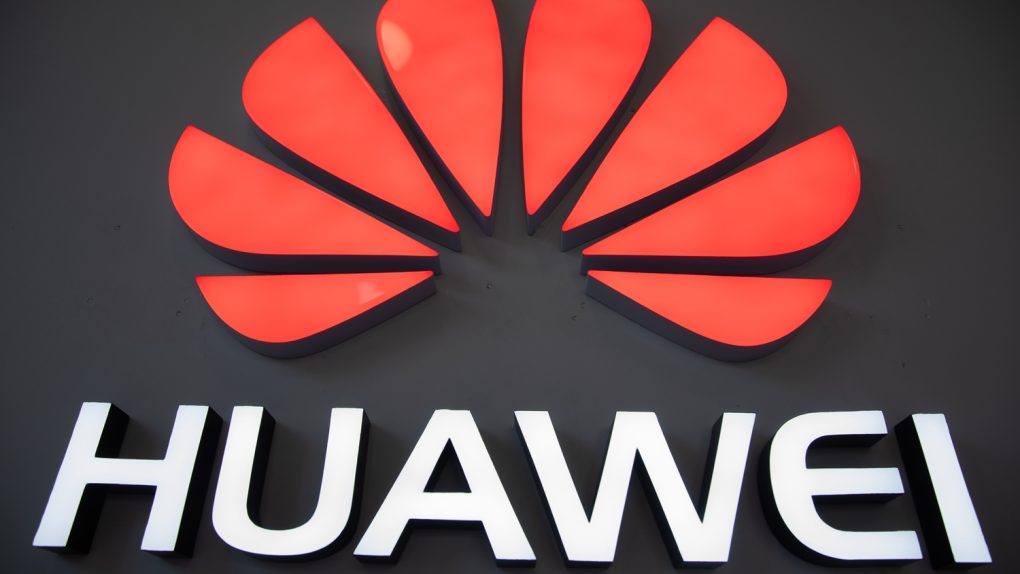Maps are obviously one of the core apps relied on by the average smartphone user, not only to help them navigate from Point A to Point B, but also to tap into a wealth of information about places around them. Google and Apple have built out the highest-profile mapping applications, with a host of non-map features between them that include detailed profiles and contact information for nearby businesses. Fans of Google Maps are probably the most intense in their support of Google’s offering, and rightly so — in my and many people’s view, it’s the superior mapping product, which also happens to be one of many reasons the future is so murky right now for Huawei. That, of course, is the Chinese smartphone giant that’s shut out from obtaining a licensed version of Android for its new handsets as well as being barred from putting Google services on them.
There’s a sense from some in the tech industry that Huawei phones will be DOA outside of China without Google services and the ability for users to tap into the Google Play Store. The company is hard at work trying to map out, no pun intended, what its post-Google future will look like — and part of that involves a newly reported deal Huawei has reached with a Dutch mapping company that will serve as the basis for Huawei’s alternative to Google Maps.
Reuters reported in recent days that Huawei and Dutch company TomTom finalized a deal “some time ago” to put TomTom maps on Huawei phones — a deal that was only reported for the first time late last week. According to that report, Huawei will rely on TomTom’s maps as well as its navigation tools and traffic-related data to create apps for its phones.
This all stems from President Trump effectively black-listing Huawei last year ostensibly over national security concerns, which meant among other things that US companies like Google can’t work with the company anymore.
Regardless, it remains to be seen how viable the company’s smartphones will be outside of China. The company is working on a replacement for Android, called Harmony, and the TomTom-based product would be yet another Google-like service that’s not, in fact, Google.








